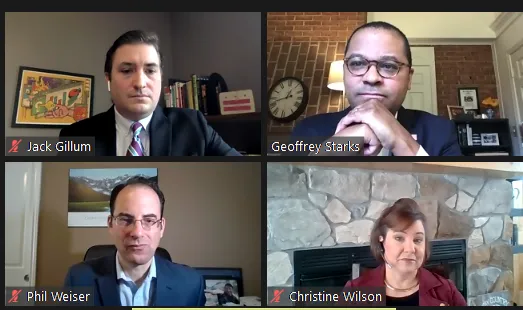Regulators: Restoring trust in big tech raises many questions, few easy fixes

BOULDER — As technology plays an increasingly dominant role in American’s day-to-day lives and big tech companies continue to bolster their sway among the nation’s policy makers, the trust gap between these firm’s and their customers grows wider and wider.
Regulators have identified a host of areas where companies can work to improve trust, widen the competitive playing field and foster technological innovation. Agreeing upon and implementing solutions is another story entirely.
The issue of rise in mistrust of the technology industry was the topic of a three-day series of discussions hosted virtually this week by Silicon Flatirons, a Boulder-based group devoted…
THIS ARTICLE IS FOR SUBSCRIBERS ONLY
Continue reading for less than $3 per week!
Get a month of award-winning local business news, trends and insights
Access award-winning content today!





